The life expectancy for Americans declined for the second year in a row this year — a worrying trend that is largely blamed on the growing opioid epidemic that claims 90 lives a day.
America’s addiction to licit and illicit opioids was declared a national health emergency in October by the Trump administration. Since then, the crisis has shown no signs of slowing.
As opioids continue to wreak havoc on communities across America, health officials are scrambling for solutions. Traditional efforts for fighting addiction, like law enforcement and treatment centers — have proven ineffective.
One doctor may have found an unlikely solution: medical marijuana.
Dr. Philippe Lucas’ research on the substitution effect — in this case, substituting dangerous pain medications for medical marijuana — was published in the Harm Reduction Journal this year.
The findings suggest that medical marijuana may hold the key to battling opioids and improving public health and safety.

The Substitution Effect
A growing amount of research and studies suggests that medical marijuana can help those using opioids. Dr. Philippe suggests that there is a growing consensus among researchers that
“increasing adult access to both medical and recreational cannabis has significant positive impacts on public health and safety, largely as a result of the substitution effect.”
The substitution effect is a theory from behavioral economics that the “availability of one good can impact and influence the use of other goods.” Dr. Philippe says that this substitution effect can also apply to marijuana.
Research suggests that states with access to medical marijuana have experienced a decrease in alcohol consumption, which has also led to a decrease in homicides, violent crime, suicides, and car accidents. This is the substitution effect of marijuana.
States with access to medical marijuana also experienced a drop in another key area: opioid overdose.
Dr. Philippe writes,
Bachhuber et al. [8] report that U.S. states with medical cannabis laws had a 24.8% lower mean annual opioid overdose mortality rate compared to states without medical cannabis laws. And a 2016 study found that the number of Medicare prescriptions to seniors in medical cannabis states dropped for drugs that treat pain, depression, anxiety, nausea, psychoses, seizures and sleep disorders [9]. For pain, the annual number of annual doses prescribed per physician fell by 1826 doses.
The report goes on to cite many other significant findings for medical marijuana. Patients in Michigan and California reduced overall opioid use and reported an increase in quality of life. 63% of patients in a similar study in Canada reported substituting medical marijuana for their opioid prescriptions.

From research to meaningful policy
With a mountain of research showing the positive benefits of marijuana as a viable substitute for other dangerous drugs, Dr. Philippe formulates three ways in which it can be used as an intervention for opioid users.
The first “window of opportunity” to reducing opioid dependency is to introduce medical marijuana prior to opioids as a treatment for chronic pain. The second opportunity is to prescribe marijuana as part of an “opioid reduction” strategy for those already using opioids. The last use-case suggested in the report is for marijuana to be used with opioids together to increase the chance of treatment success.
Dr. Philippe’s intervention strategy may just be the the answer hiding in plain sight.
Rather than introducing opioids to patients from the beginning, offer them as a last-resort — after medical cannabis. Secondly, giving access to medical marijuana to patients already addicted to opioids may help them reduce their opioid intake. Lastly, using medical cannabis together with opioids may help treatment success rates altogether.
A brighter future with fewer opioids?
While Dr. Philippe acknowledges that “cannabis alone will not end opioid use disorder,” he does state that the severity of the crisis forces health officials to look for “immediate” and “innovative” intervention to slow the crisis.
Hopefully, the need for an immediate and innovative solution to the out-of-control crisis prompts health officials to look to solutions other than treatment centers and law enforcement.

Although there remain serious roadblocks to medical cannabis in many states, growing research and policy prescriptions like those of Dr. Philippe should be taken seriously. With all of the momentum behind cannabis laws in 2018, one would hope that policymakers start running to — not from — our favorite little green plant.
What about you? Do you think medical marijuana can help fight the opioid crisis? Share us your thoughts in the comment box!

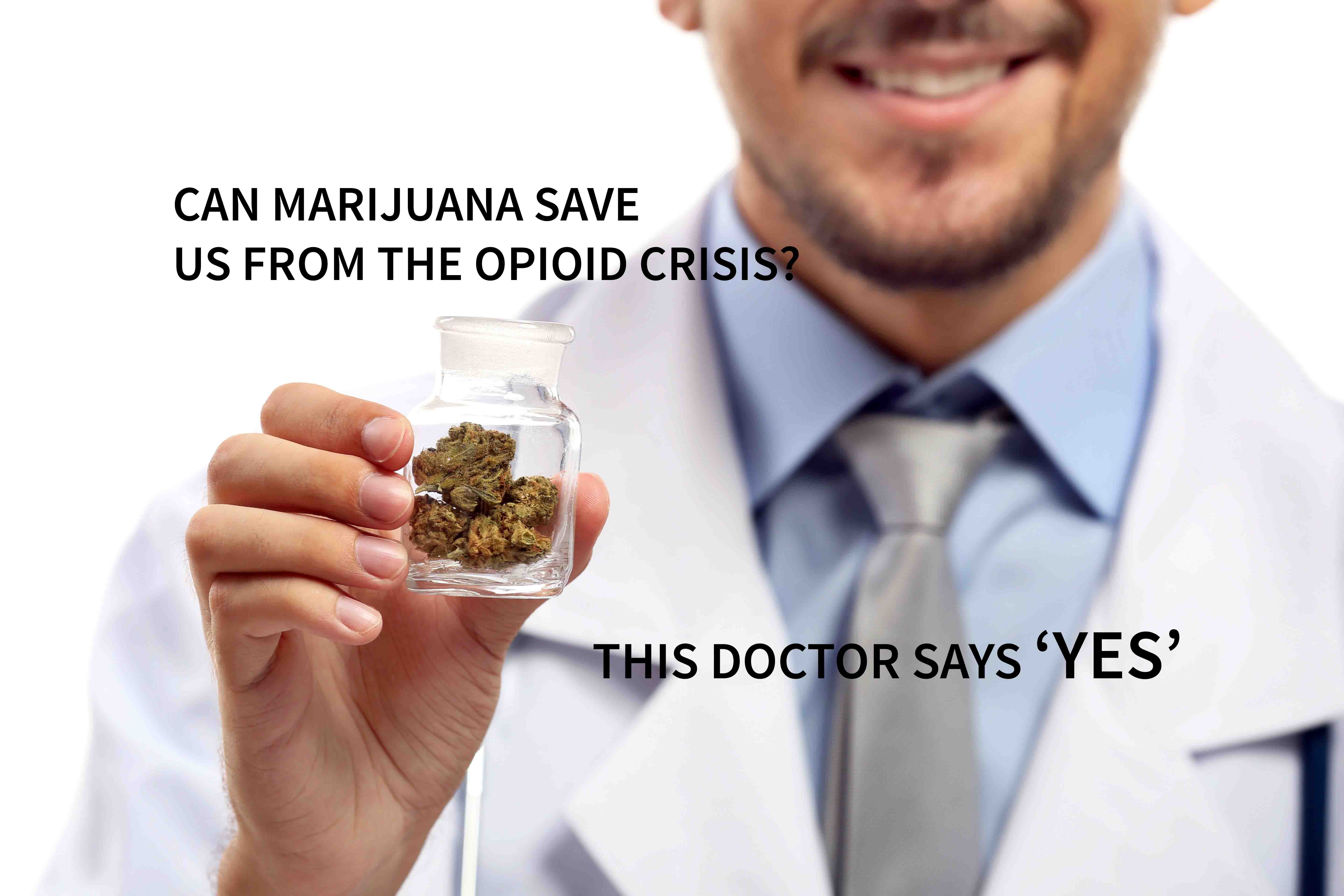
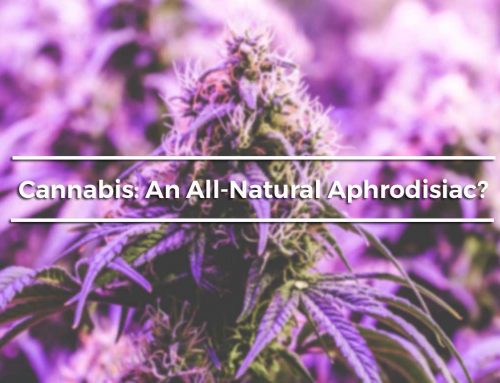
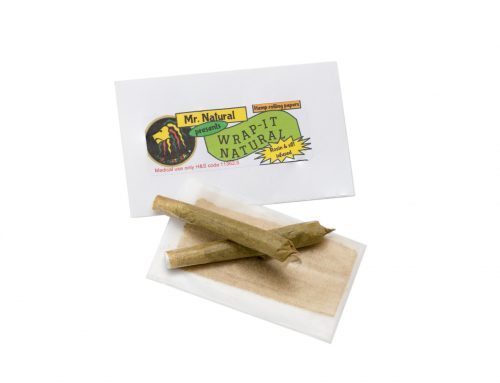
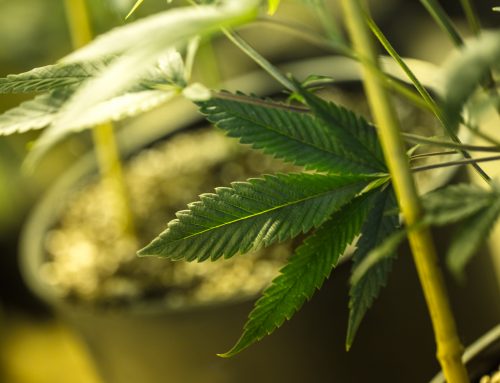

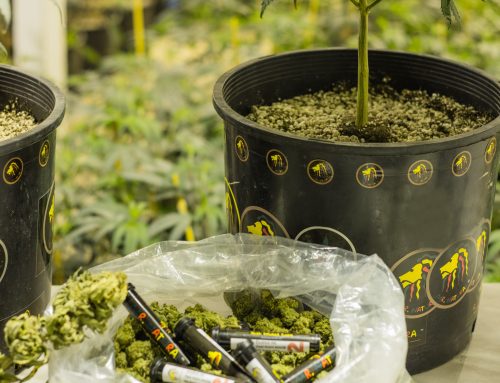
2faultless
gay priesy chat https://bjsgaychatroom.info/
gay dating free https://gaypridee.com/
live gay chat https://gaytgpost.com/
gay chat room carneys point https://gay-buddies.com/
dating sites for hiv black men gay https://speedgaydate.com/
free slots to play online https://2-free-slots.com/
mighty slots https://freeonlneslotmachine.com/
slots of vegas casino https://candylandslotmachine.com/
office mailbox slots https://pennyslotmachines.org/
sharknado slots in vegas https://slotmachinesworld.com/
king kong slots https://slotmachinesforum.net/
wms free online slots https://slot-machine-sale.com/
better off ed slots https://beat-slot-machines.com/
free slots just for fun https://download-slot-machines.com/
las vegas world free slots https://411slotmachine.com/
monopoly slots free https://www-slotmachines.com/
slotomania slots https://slotmachinegameinfo.com/
dissertation writing services in usa https://buydissertationhelp.com/
dissertation topic help https://dissertationwriting-service.com/
how long does a dissertation have to be https://help-with-dissertations.com/
online dissertation help database https://mydissertationwritinghelp.com/
online dissertation help katalog https://dissertations-writing.org/
writing dissertation abstracts https://helpon-doctoral-dissertations.net/